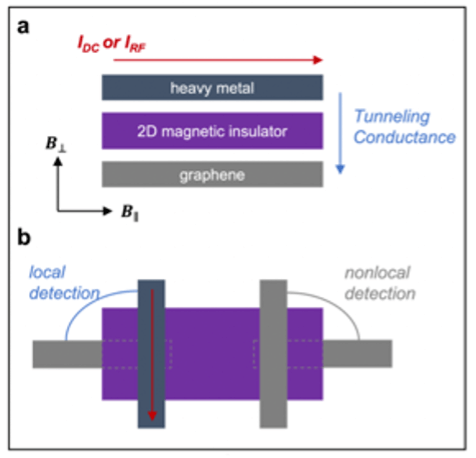Summary
In this project, we develop novel superconducting qubits for error-corrected processors to enable large-scale quantum computing. Our design efforts will specifically target error-corrected architectures through a variety of paths. Possible features will include built-in parity measurements and the use of bosonic codes, such as Fock state and Cat codes, as our starting focus. Early on, we will fabricate “generation one” devices and conduct spectroscopic measurements and time-domain measurements on single qubits. Later, we will evaluate two-qubit gates and then move forward with a multi-qubit, error-corrected processor, with comprehensive error diagnostic and error suppression methods to optimize performance. The final goal is the experimental realization of a 50-qubit processor with error correction to demonstrate a practical superconducting architecture.
Related Content

A Reformulation of Quantum Game Theory
Summary Classical game theory – conducted at the interface between economics and computer science – has found applications in topics ranging from networking and security to online markets. Despite over 20 years of research into connections between game theory and quantum information, we have yet to see any significant implications of quantum information when applied […]
April 1, 2020

Silicon Platform for Electron Spin Qubits
Summary Scaling solid-state quantum processors to a useful threshold while maintaining the requisite precision in quantum control remains a challenge. We propose a quantum metal-oxide-semiconductor (QMOS) architecture operating at cryogenic temperatures that is based on a network/node approach as a means to scalability. By working with QMOS, we benefit from the deep investments and […]
December 7, 2018

Coherent magnon generation, magnon condensation, and quantum spin liquids via spin pumping in 2D magnets
Summary Developing hybrid quantum systems is essential to harnessing the complementary advantages of different quantum technology platforms. This necessitates the successful transfer of quantum information between platforms, which can be achieved, e.g., by harnessing magnons, or spin wave excitations, in magnetic materials. Decoherence due to uncontrolled coupling of qubits to the environment remains a fundamental […]
February 1, 2023
QuantumIon: an open-access quantum computing platform
Summary Trapped ions are one of the most advanced technologies for quantum computing, offering multi-qubit control in a universal quantum computing architecture and the ability to perform calculations with unprecedented precision. In this project we construct a shared trapped-ion quantum computing platform, QuantumIon, that will enable a broader and interdisciplinary scientific community to access an […]
September 9, 2019

